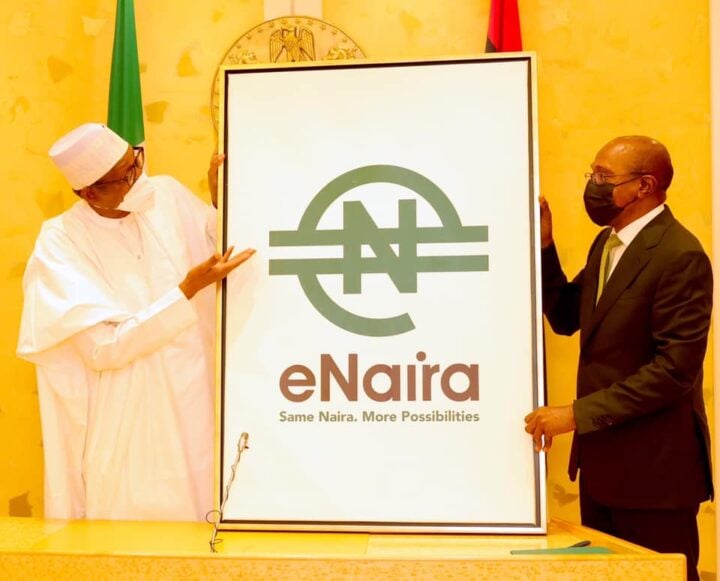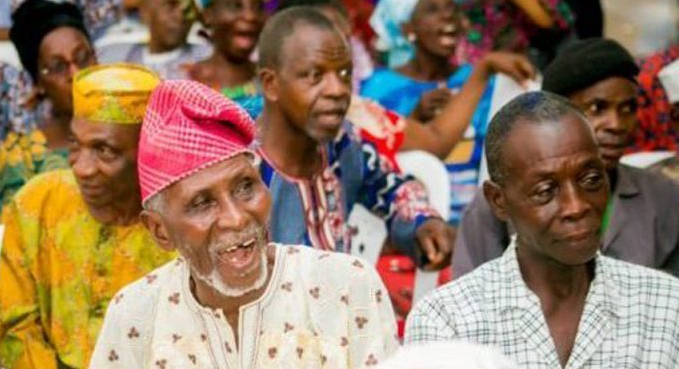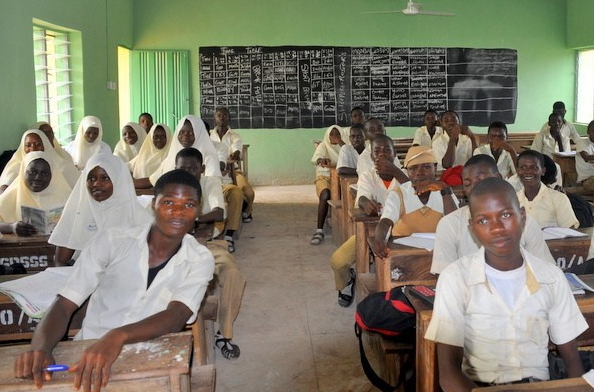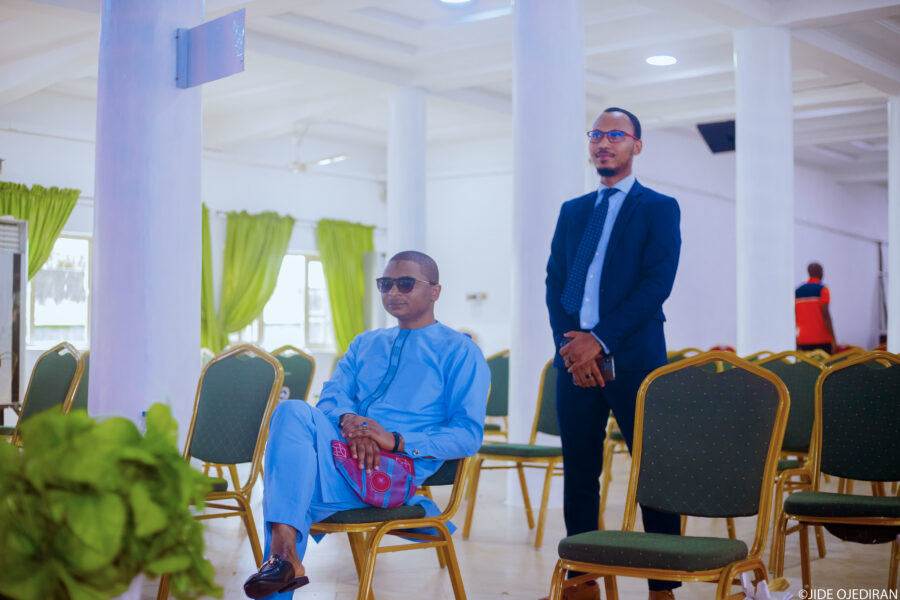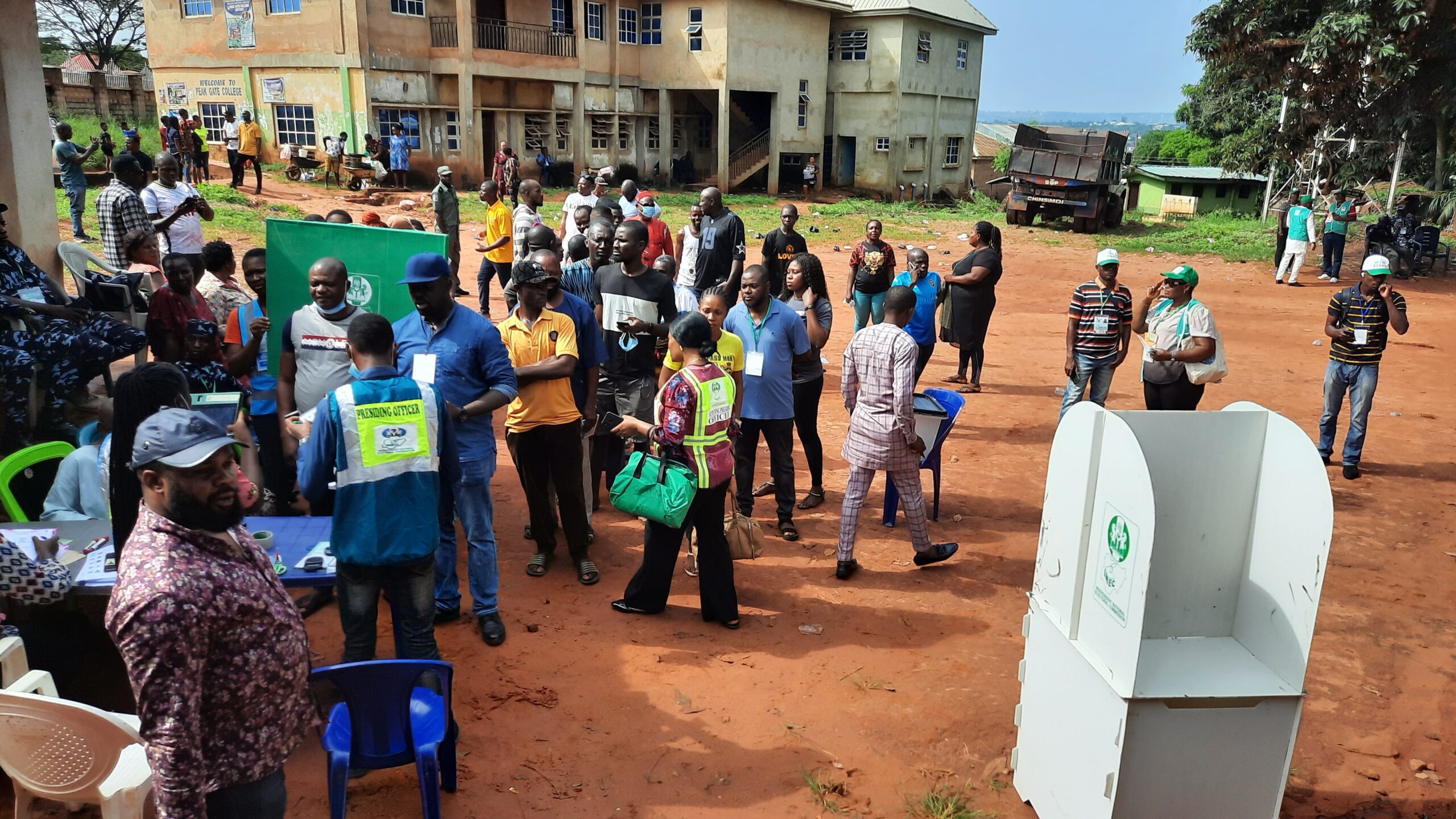Former President Muhammadu Buhari and Godwin Emefiele, former CBN governor, during the launch of eNaira
BY FAIDAT ABDULLAHI
On October 25, 2021, President Muhammadu Buhari officially launched Nigeria’s central bank digital currency (CBDC) called the eNaira. The first of its kind in Africa and one of the firsts in the world. The eNaira would be a digital replica of Nigeria’s naira paper currency, with the same face value, which means one eNaira would be equal to one Naira. It is also not intended as a replacement for cash, but rather as a secure and convenient complement to cash payments.
This innovation promises to be revolutionary. It will likely lead to structural changes in the way that Nigerian individuals and businesses access the banking system. It can enhance the efficiency of payment systems and encourage broad digitisation in a society that is still overwhelmingly cash-based but adapting quickly to digital forms of monetary interactions. Perhaps, more importantly, the eNaira has also brought up hopeful conversations on how it could help provide financial access to Nigerians who are still excluded from the financial system.
One of the great potentials is that the eNaira could usher in a monetary system that is more inclusive of people who have been historically excluded from financial products and services. Despite the progress made by local FinTech firms, particularly with mobile money services, financial inclusion remains a persistent problem. The percentage of financially excluded adults in Nigeria as of 2020 was 55%, which is about 58 million people. The main arguments in favour of the eNaira regarding financial inclusion are that it would improve access to digital financial services, enhance the efficiency of payments and lower the cost of financial products and services.
Advertisement
The Central Bank of Nigeria (CBN) envisions a system where the eNaira is accessible to every individual and business in the country, foster interoperability across payment systems and promote collaboration between FinTech firms and the CBN. If this is fully realized, it has the potential to be transformative to the digital financial system and also give unbanked communities a pathway into the financial system and an opportunity to create a financial history that is critical for getting access to credit services.
However, to use a digital currency, it is necessary to have a means of receiving and spending the money digitally, without needing to convert it to cash first. There is little evidence that low-income customers and businesses are ready to move from a cash economy to a digital economy. Rural populations and the elderly who make up a large percentage of the financially excluded still live in the cash world, reaching them with financial services requires more than e-money on a phone.
Therefore, we need to build a trusted network of agents in rural communities to manage the interface between the cash and the digital economy. Government must also be willing to invest in financial literacy at this lower level to sensitize and build trust in the digital economy generally and provide education on proper usage of the eNaira in particular.
Advertisement
The CBN has proposed the eNaira as a cheaper means of making payments and transfers. However, it needs to be noted that the eNaira system is still built on top of the existing channels such as bank branches and agent networks established by banks and other financial service providers. Therefore, if cost structures of activities like on-boarding and distribution will still depend on these traditional providers, there would still be questions around how much cheaper the transactions in eNaira would be for people who are unbanked. Perhaps, more importantly, there would still be a question of whether it would, in fact, provide any value than the already existing systems such as mobile money, which has proven to increase financial accessibility in the last few years.
Furthermore, there is still a lot of understandable scepticism and concern around digital currencies, even when it is built and backed by the federal government. In order to reduce the trust deficit, the CBN and its partners would have to design the eNaira wallet in a way that is very easy to use even by people with little to no financial education. It should also start with a strong consumer protection focus, be free from technical problems, and most importantly be fully accessible. The CBN has stated that there would be several tiers of accessibility, with the first two tiers requiring a mobile number with NIN verification or a mobile number awaiting NIN verification. This is the way to go, but it remains to be seen whether this would be the case in practice.
A digital currency like the eNaira can redefine the payment system and perhaps help overcome some barriers limiting financial inclusion. It would, however, have no significant impact if underlying factors that create financial exclusion in the first place are not dealt with first. These include low levels of financial and general literacy among the unbanked population, which means that they often lack the basic awareness of the benefits of having access to any financial services. This is why lack of financial literacy is directly correlated with financial exclusion. Therefore, no progress can be made without improving on this first. Another factor has to do with the gender dimension. The rate of financial exclusion is disproportionately worse among women, who as a result of discrimination and cultural norms are pushed out of the financial system and are unable to provide for themselves or their families.
There are also other broad infrastructural problems. The eNaira, for all its promises of financial inclusion, would still require that people have access to the internet, electricity as well as mobile phones. This remains a major problem for the unbanked population who are increasingly unable to generate any savings in the face of rising poverty as a result of persistent low wages, and rising inflation levels.
Advertisement
I agree that our aspirations for a more inclusive financial system cannot be fulfilled if we are not able to build a digital economy, and the eNaira is a welcome development in that direction. However, with all the benefits of the eNaira, it is still a technocratic solution that cannot solve the root causes of financial exclusion in the Nigerian society. The eNaira can create a technical framework and a mechanism to address this problem, but there is still much work to be done across institutions to make any transformative economic change and make it a tool for democratising economic gains for all.
Abdullahi is a post-graduate student in innovative finance with a specialisation in FinTech at the Montpellier Business School, France.
Views expressed by contributors are strictly personal and not of TheCable.
